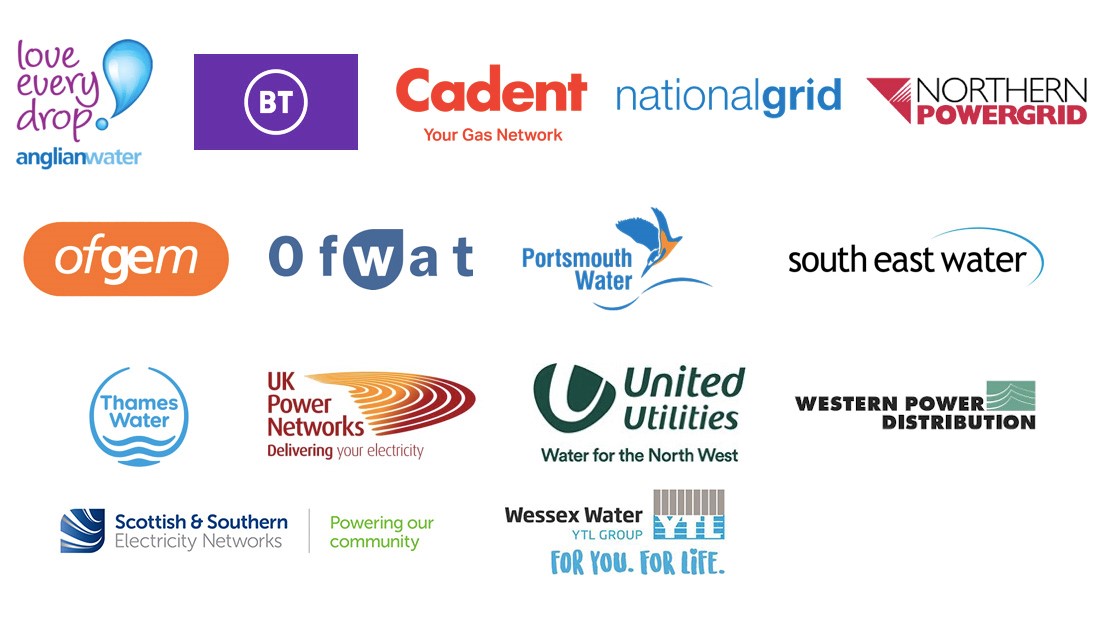
Addressing the politics of fairness and the environment in energy, water and communications
Sustainability First set up the Fair for the Future project in 2018 to help utilities better address the politics around fairness and the environment. Focused on the energy, water and communications sectors, this major project has explored how companies can maintain a social contract with society through disruptive change and what a focus on corporate purpose means for companies, policy makers and regulators.
All of our project papers can be found on the website. In 2021 we will begin ‘Phase 2’ of the Fair for the Future Project which will seek to embed our work on corporate purpose and what this means for policy makers, regulators and companies, into ongoing practice through mechanisms such as Strategic Policy Statements.
Company action on public purpose
It’s vital that if a company wants to use private capital to deliver public value, and to be seen as trusted and legitimate, it must be able to demonstrate that it is having a beneficial public impact and show leadership in this area. So what can utility companies themselves do to put public purpose into action?
In 2018 we produced a comprehensive strawman on what a ‘sustainable licence to operate’ looks like for the energy, water and comms sectors. Following extensive workshops and bilateral calls with companies to understand how they are putting talk into action, last year we produced a ‘How-to’ guide for systematically developing and embedding a purposeful business approach in essential services. This guide sets out what good looks like in utilities and provides a comprehensive and tailored tool kit for putting fairness and purpose at the heart of essential services.
Our work has identified four key themes that need to underpin purposeful businesses if they are to maximise their delivery of public value:
1. Ongoing stakeholder engagement;
2. Demonstration of delivery of public value;
3. People and culture; and
4. An integrated approach to public value.
“Sustainability First’s report makes a powerful case why corporate purpose is particularly important in utilities and provides a tremendous framework in which to promote the creation of purposeful utilities and purposeful regulation.” — Professor Colin Mayer, Saïd Business School
Policy and regulatory risk and uncertainty on social and environmental issues
In our disrupted world, taking a compliance-based approach to issues around fairness and sustainability is necessary but unlikely to be sufficient to deal with the challenges faced. Our research has asked how far utilities really understood the social and environmental risks their businesses faced, the key factors driving these and how, if left unchecked, these could lead to regulatory risk and policy uncertainty. We have reviewed utility company approaches to risk and their risk appetite for key social and environmental factors and produced a guide for company boards on risk and resilience. Our risk framework proved valuable to board looking to navigate through initial stages of Covid in a way that mirrored the values they aspire to.
Sustainability metrics
Given the challenge companies can face in demonstrating that they are acting responsibly – particularly given the millstone of history of, in some cases, past bad behaviour, poor performance and excess returns – and the proliferation of metrics, we have produced a ‘Sustainability metrics’ report that examines the issue of reporting and Environmental, Social and Governance (ESG) factors through a specific utilities lens. These metrics are vital to help regulators identify genuine approaches to responsible business and to avoid purpose wash.
Policy and regulatory frameworks for sustainability and public purpose
Whilst there is a significant amount that companies need to do themselves to deliver public value, they clearly do not operate in a vacuum. The legal, policy and regulatory frameworks in which they operate can both help and hinder their ability to have a beneficial social and environmental impact. Following almost a year of pro bono work from Slaughter and May, last December we published a set of notes on sustainability, law and regulation in the utilities sector. These concluded that companies, regulators and policy makers already have a tremendous amount of flexibility in how terms of how they approach sustainability. The key question is often how to interpret, and then implement, change.
Building on this work, and following workshops on the role of stakeholder engagement and adaptive regulation, we have now published a concluding report for this phase of the project on regulation for the future and the implications of public purpose for policy and regulation in utilities. This examines how regulation needs to adapt to get better focus on long-term issues and the needs of future generations and to take account of regional and local approaches and community views.
“Sustainability First’s thought-provoking report is an important contribution to the public conversation at an important moment for country and climate.” — Anne-Marie Tevelyan MP, Minister for Business, Energy and Clean Growth
Latest Project Publications
Project Partners




